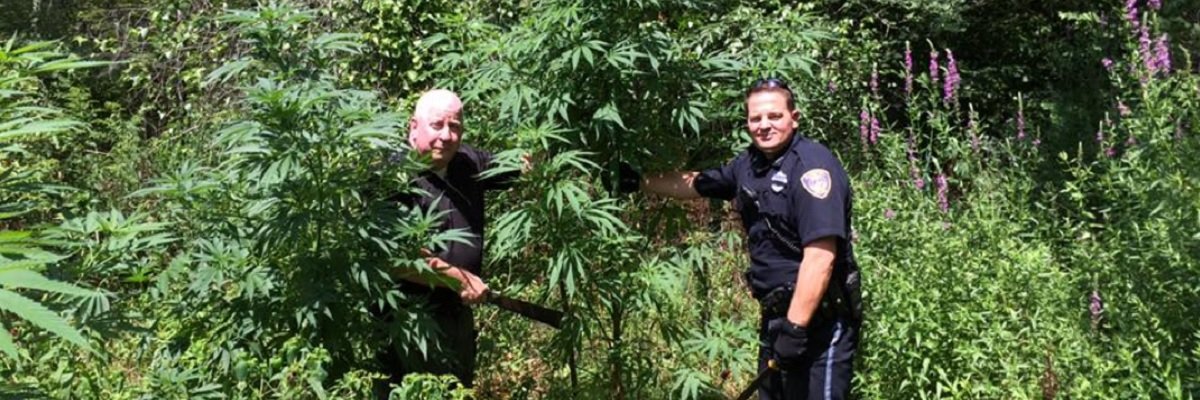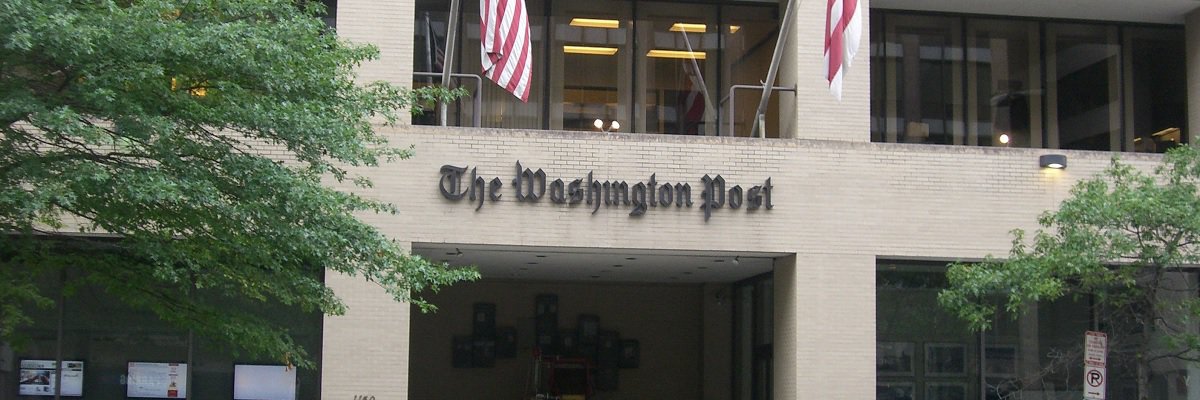This September, the Massachusetts National Guard and State Police conducted an absurd raid - complete with a helicopter and thermal imaging equipment - to seize a single marijuana plant from the backyard of Margaret Holcomb, an 81-year-old South Amherst woman with arthritis and glaucoma.
This raid was not an isolated incident but rather part of the so-called Domestic Cannabis Eradication and Suppression Program, which is funded by grants from the federal Department of Justice. The State Police have participated in the program for two decades, according to David Procopio, a spokesman for the State Police.
When I asked the State Police for incident reports related to the program, attorney Jenniffer Migliaccio responded that it would be difficult to turn them over unless I narrowed my request. However, she did helpfully turn over a spreadsheet (which someone unhelpfully converted to a non-searchable PDF) listing some 441 seizures of marijuana plants.
The spreadsheet shows that between July 2013 and September 2016, the State Police seized at least 7,909 marijuana plants. That’s a lot of weed that no one got to smoke.
The spreadsheet shows that Margaret Halcomb wasn’t alone. Many of the seizures were of small numbers of plants. At 17 locations, police seized only one plant - and there were at least 16 instances where police didn’t find any marijuana plants at all. “The line entries for which no plants are listed were flight days when no plants were recovered,” explained Procopio.
Of course, sometimes police found quite a few. Their biggest haul was 492 plants from a location in Erving on August 13, 2015.

But even with finds like that, anyone can tell you that marijuana hasn’t been eradicated.
In fact, voters just passed a ballot question that will legalize recreational marijuana next month. But the new law probably won’t put stop to these raids - it only allows residents to grow up to six plants with a maximum of 12 per household, and more importantly, those plants must be kept inside.
Still, Procopio couldn’t say if the State Police - who received $60,000 through the program this year - will keep seeking funding from the Justice Department: “The acceptance of the funding generally occurs early in the calendar year. Decisions as to whether to accept the funding and execute eradication operations are made on an annual basis. As it has been in each of the last approximately 20 years, that decision will be made at that time.”
He added: “We will issue a training bulletin regarding the referendum once we receive further details about its implementation. We anticipate communicating with department members about what the referendum legalizes as well as what activities and behaviors remain illegal after the law is implemented. It is important to note that the referendum regulates legal recreational use of marijuana under specific conditions and guidelines. Use or possession outside of those conditions and guidelines remains illegal, and as such, the department will continue to enforce all applicable narcotics laws central to our mission.”
Bummer.
The State Police’s marijuana eradication procedure has been embedded below, and the rest of the docs can be found on the request page.
Image via Plympton Police




